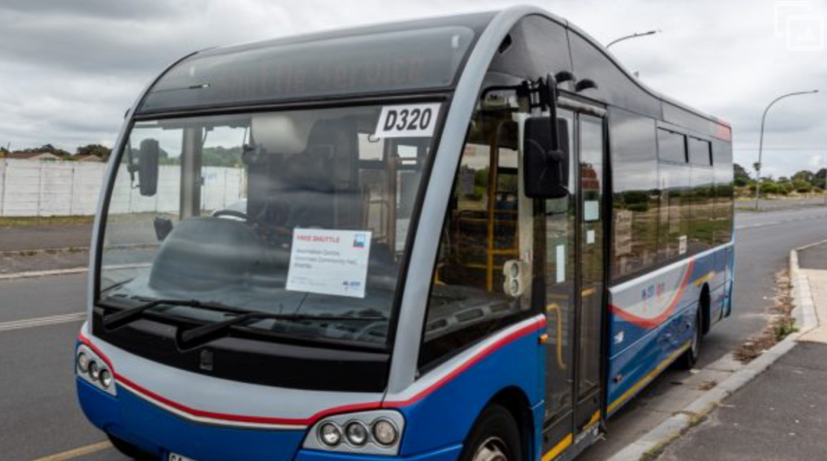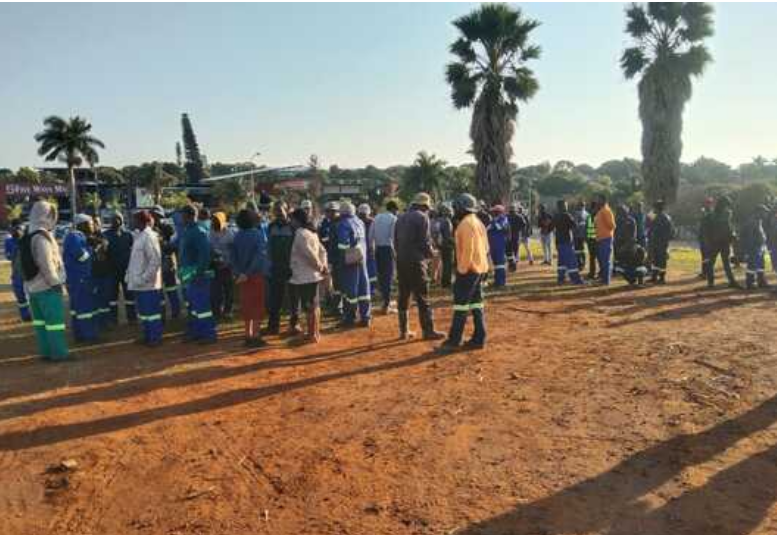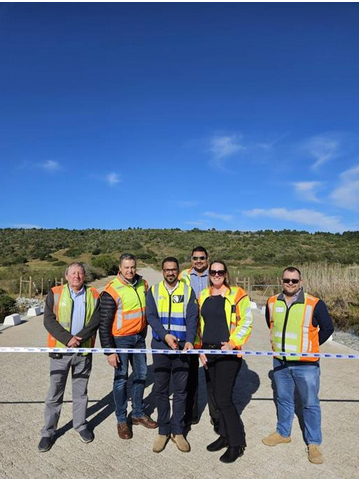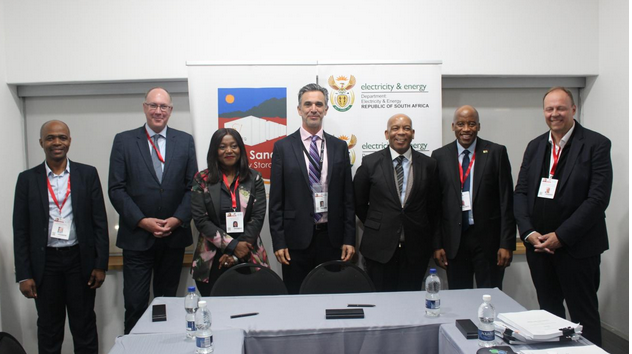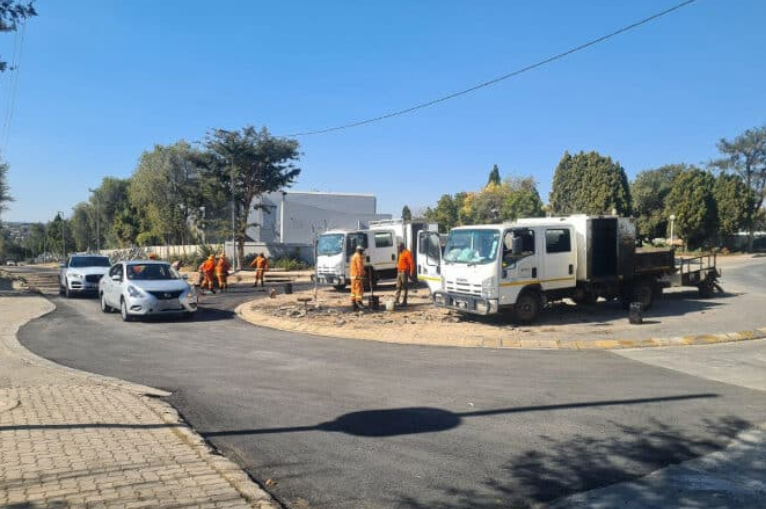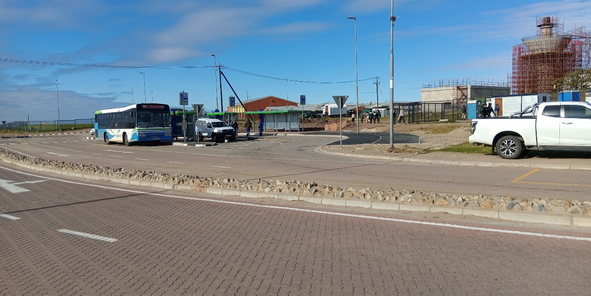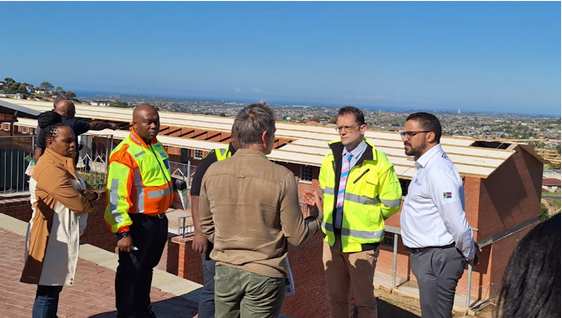Room For Experience

Advertising
24-07-2006
Read : 26 times
Financialmail
white professionals, pushed out of the public service early or kept out because of affirmative action, are being redeployed in struggling municipalities.
the development bank of southern africa (dbsa) has so far placed 39 professionals, most of them white, in municipalities on fixed-term contracts as financial management consultants or engineers and hopes to have placed 90 by the end of the year. many of those placed are retired or are people who could not get a job in the public sector, despite their skills and experience.
mathanda mathenjwa, co-ordinator of the dbsa development fund running the project, says the people placed include retired chartered accountants and former chief financial officers whose contracts in municipalities were not renewed.
"by and large they are seasoned experts, people who have been around. some of them were shed by the public service system," says mathenjwa.
the bank initiated the project at the request of deputy president phumzile mlambo-ngcuka, who heads government's attempts to handle the skills crisis through the joint initiative on priority skills acquisition.
the majority of municipalities have been in a state of prolonged crisis. two years ago 136 municipalities were listed as critical by local government & provincial administration minister sydney mufamadi. but they have typically forced out old-order white officials, often leaving their positions vacant or replacing them with unqualified people.
the dbsa recruited one group of people through advertising in newspapers in may and is also using a database compiled by the freedom front, which has collected details of professionals looking for work. another recruitment drive is planned in september. it is well funded, with r1,1bn promised by the national treasury over five years and r600m from the bank.
mathenjwa says those being recruited are "mainly white . . . we are not looking at affirmative action at all."
one person placed through the project is municipal financial expert zanda van rooyen, who put her name on the freedom front's website. she is an experienced municipal finance officer and has an mba. but after completing her mba in 2005, she spent an entire year applying for suitable jobs in municipalities, without success.
"i know that some of the jobs i applied for are still vacant. on other occasions they already had the person they wanted to employ but they had to go through the process, so they would call me for the interview," she says.
van rooyen is now contracted by the dbsa to work for three rural kwazulu natal municipalities. her salary, paid by the dbsa, is "very good", she says, in compensation for being away from her family, who live in durban.
a second recruitment project for municipalities, this time of engineering professionals, is being run by the sa institution of civil engineering (saice).
the project, run by johan malherbe and former saice president allyson lawless, has placed 43 civil engineers in crisis municipalities this year. the engineers are on short-term fixed contracts, which it is hoped will be extended if the project gets more money.
in some municipalities the saice engineers are the only qualified technical staff. in kungwiri (which includes bronkhorstspruit), where five people have been deployed, there were only two technical staff and not a single head of department.
mogale city (which includes krugersdorp) has also received five saice deployments. mogale city had been without a qualified engineer for two years.
in research published by saice last year, lawless found that only 45 of 231 local municipalities had any civil engineers and only 25 of 47 district council had any. municipalities were also desperately short of technicians.
the saice recruitment project tries to do two things simultaneously: bring skilled people back into the workplace and encourage the training of new engineers and technicians. for every senior engineer placed in a municipality, two new graduates and three college students are placed alongside.
in doing this the project also addresses another issue: that students from universities of technology and technical colleges require experiential training in order to graduate.
malherbe says politicians, especially those at the top, have been supportive of the saice initiative, though officials are often less helpful.
the saice initiative is funded by mufamadi's department and by gauteng and the north west.
Recent News
Here are recent news articles from the Building and Construction Industry.
Have you signed up for your free copy yet?
